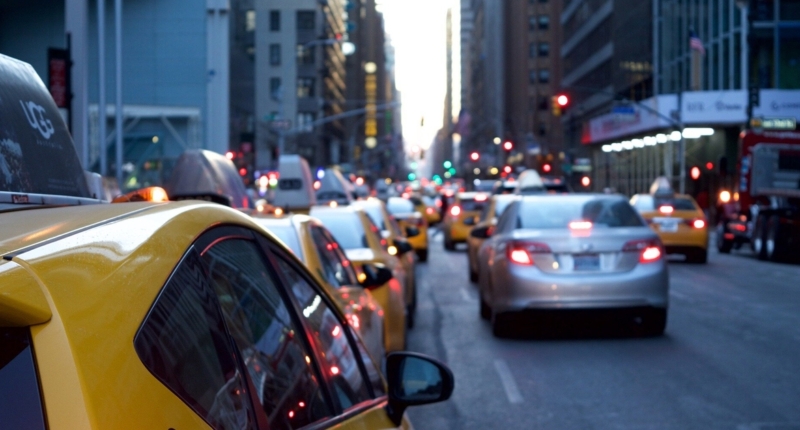Exposure to road traffic noise can increase the risk of hypertension, according to a new study published in JACC Advances. The study confirms that exposure to road traffic noise itself can elevate hypertension risk, and it is essential to explore the independent effects of road traffic noise and air pollution to prevent hypertension. Policymaking efforts such as setting stricter noise guidelines, improving road conditions and urban design, and investing in advanced technology on quieter vehicles can alleviate the adverse impacts of road traffic noise. Field studies are underway to better understand the pathophysiological mechanisms through which road noise affects hypertension. The study provides higher quality evidence to justify the potential to modify road traffic noise and air pollution from both individual and societal levels in improving cardiovascular health.
Road Traffic Noise Can Elevate Hypertension Risk
Living near a busy road can be stressful, with the constant sound of roaring engines, honking horns, and wailing sirens. According to a new study published in JACC Advances, exposure to road traffic noise can elevate the risk of hypertension, causing blood pressure to rise. The study analyzed data from over 240,000 people aged 40 to 69 years who started without hypertension. They estimated road traffic noise using the Common Noise Assessment Method, a European modeling tool, and analyzed health outcomes over a median of 8.1 years.
Previous studies have suggested a link between noisy road traffic and hypertension. However, the association between noise and increased hypertension risk remained unclear, and it was uncertain whether air pollution or noise played a more significant role. The new study confirms that exposure to road traffic noise itself can elevate the risk of hypertension. The association between road traffic noise and hypertension was still robust even after adjusting for air pollution.
The researchers were surprised to find that the association between road traffic noise and hypertension was robust even after adjusting for air pollution. The previous studies were cross-sectional, which means they showed that traffic noise and hypertension were linked, but failed to show a causal relationship. The new study conducted a prospective study using UK Biobank data, which allowed researchers to estimate hypertension risk over time.
The study found that people living near road traffic noise were more likely to develop hypertension, and the risk increased in tandem with the noise dose. These associations held even when researchers adjusted for exposure to fine particles and nitrogen dioxide. However, people who had high exposure to both traffic noise and air pollution had the highest hypertension risk, showing that air pollution also plays a role.
In conclusion, road traffic noise can elevate hypertension risk, causing blood pressure to rise. It is essential to explore the independent effects of road traffic noise and air pollution and reduce their exposure to prevent hypertension.
Road Traffic Noise Can be Alleviated Through Policymaking Efforts
A new study has found that exposure to road traffic noise can be harmful to our blood pressure and increase the risk of hypertension. The findings confirm that setting stricter noise guidelines, improving road conditions and urban design, and investing in advanced technology on quieter vehicles can help alleviate the adverse impacts of road traffic noise.
The study, which analyzed data from over 240,000 people aged 40 to 69 years who started without hypertension, found that people living near road traffic noise were more likely to develop hypertension, and the risk increased in tandem with the noise dose.
According to Jiandong Zhang, author of the accompanying editorial comment, the study provides a higher quality of evidence to justify the potential to modify road traffic noise and air pollution from both individual and societal levels in improving cardiovascular health.
As a follow-up, field studies are underway to better understand the pathophysiological mechanisms through which road noise affects hypertension. The study was supervised by Kazem Rahimi, lead of the Deep Medicine program at the Nuffield Department of Women’s and Reproductive Health at the University of Oxford, and Samuel Cai, lecturer in environmental epidemiology at the Centre for Environmental Health and Sustainability at the University of Leicester.
In conclusion, policymakers need to address the adverse effects of road traffic noise through a societal effort by setting stricter noise guidelines, improving road conditions and urban design, and investing in advanced technology on quieter vehicles. These measures will help alleviate the risk of hypertension, which is caused by exposure to road traffic noise.
Don’t miss interesting posts on Famousbio
